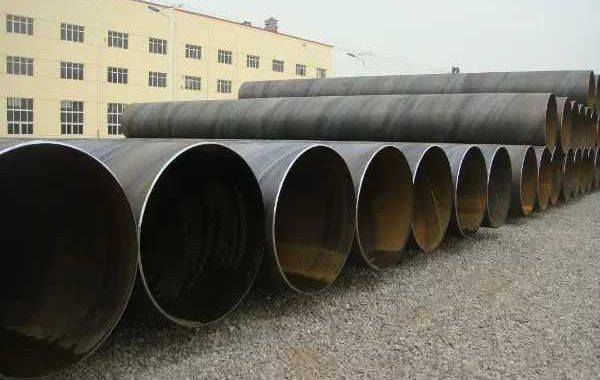Compared with other methods (such as transportation, road, or railway), the use of pipelines to transport public gases and liquids has many advantages.
Large capacity: pipelines can transport large amounts of liquids and gases and are more efficient than traditional methods.
Safer: Transportation of oil and natural gas is clearly dangerous due to its occasional volatility and flammability. The use of pipelines can minimize the risk of accidents during transportation. Underground pipelines are rarely exposed to natural elements, while above-ground pipelines are designed to withstand adverse environmental and weather effects.
Small footprint: Since most pipelines are underground, this means that they occupy only a small portion of the ground and are far from densely populated areas.
Efficient construction: The construction and installation time of oil and gas transportation pipeline systems is very short, especially compared to structures such as railway networks. This is because the pipeline can be designed to cross natural geographical barriers.
Lower energy consumption: Piping systems usually require less energy to operate, so large amounts of materials can be transported at a much lower cost.
Environmental protection: Compared with other transportation methods, pipeline transportation lines are much less harmful to the environment and have a lower carbon footprint because they are sealed and mostly underground.








